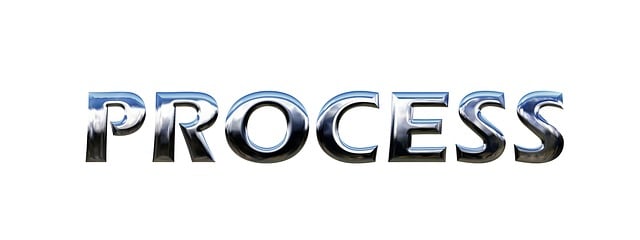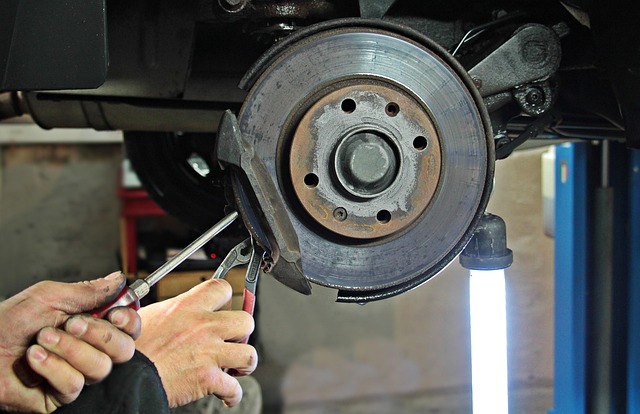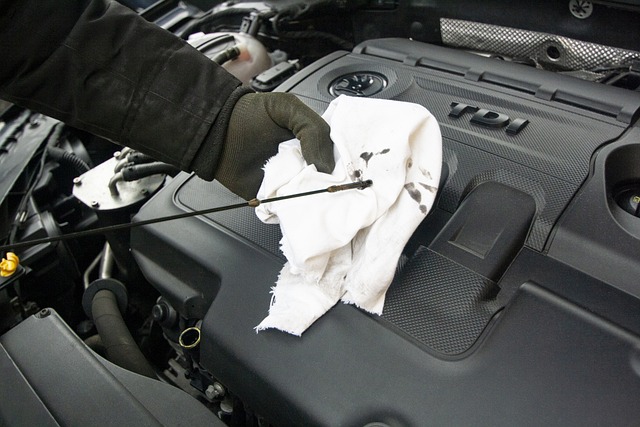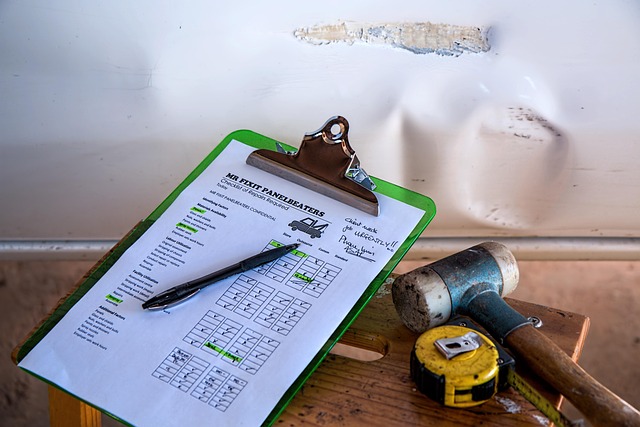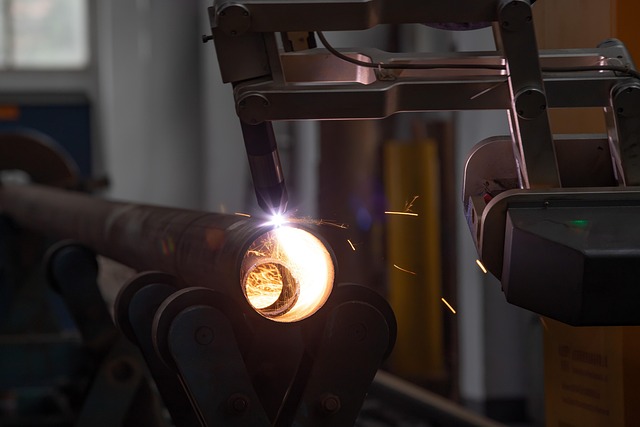Vehicle body repair certifications, such as I-CAR and ASE, are crucial for technicians aiming to excel in handling diverse repairs from minor dents to major structural damage. These industry-recognized credentials validate expertise, ensure safety, and enhance customer satisfaction by setting standards for excellence in areas like car paint restoration, body panel replacement, and frame straightening. In today's competitive automotive market, these certifications open doors to better job security, higher earnings, and challenging projects, benefiting both technicians and the industry through continuous professional development.
In the dynamic field of vehicle body repair, certifications are more than just additions to a resume; they’re key to unlocking career potential. This comprehensive guide explores the crucial role that specialized credentials play in shaping the path of technicians within the automotive industry. From enhancing employability to driving career advancement, we delve into the top certifications that matter most. Understanding these credentials is essential for anyone aspiring to excel in the ever-evolving landscape of vehicle body repair.
- Understanding Vehicle Body Repair Certifications
- Key Industry-Recognized Certifications
- The Impact of Certifications on Career Progression
Understanding Vehicle Body Repair Certifications

Vehicle body repair certifications are crucial for technicians looking to excel in their field. These credentials ensure that professionals have the necessary skills and knowledge to handle complex repairs, from minor dent removal to major structural damage restoration. Understanding these certifications is key to identifying qualified candidates and ensuring high-quality work within the automotive industry.
Automotive collision repair certification programs are designed to equip technicians with a comprehensive understanding of car paint repair, body panel replacement, and frame straightening techniques. By obtaining such certifications, professionals demonstrate their expertise in providing accurate and reliable collision repair services. This not only boosts customer satisfaction but also fosters trust in the overall automotive care market.
Key Industry-Recognized Certifications

In the highly specialized field of vehicle body repair, several industry-recognized certifications set the standard for excellence. These credentials not only demonstrate a technician’s expertise but also ensure they adhere to safety and quality guidelines. One such prestigious certification is the I-CAR (Inter-Industry Conference on Auto Repair) Certified Professional. I-CAR offers various programs tailored to different aspects of vehicle repair, including structural repairs, painting, and advanced technology training. Earning this certification involves rigorous exams that validate a technician’s knowledge in their respective areas.
Additionally, the National Institute for Automotive Service Excellence (ASE) plays a pivotal role in certifying professionals across diverse auto repair specialties. For vehicle body repair technicians, ASE offers specialized certifications in panel replacement, welding, and structural repairs. These certifications are highly sought after as they signal to customers and employers that the technician possesses the necessary skills and knowledge to handle complex collision repair shop scenarios effectively. With these industry-backed credentials, technicians can enhance their career prospects and provide top-notch auto repair services, including reliable auto painting solutions.
The Impact of Certifications on Career Progression
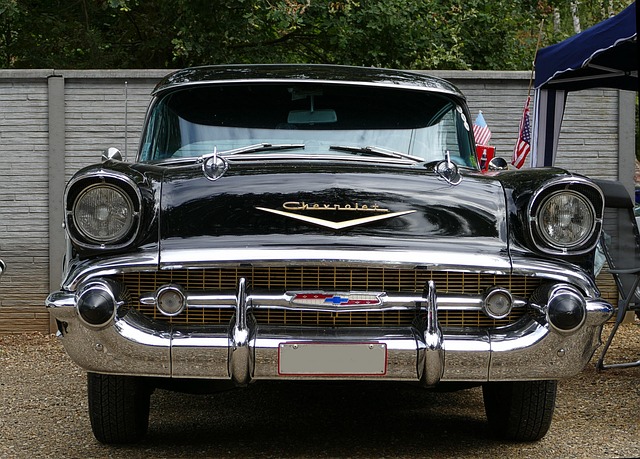
In today’s competitive automotive industry, certifications hold significant weight when it comes to career progression for vehicle body repair technicians. Obtaining relevant and recognized qualifications can open doors to numerous opportunities and enhance one’s employability within the sector. Many employers in the automotive body shop domain actively seek individuals with specialized training, as it ensures a higher level of expertise and skill proficiency. This, in turn, leads to better job security and advancement prospects for technicians.
For instance, certifications in specific areas like fender repair or vehicle paint repair can make a technician an asset to any workshop. These skills are often highly sought after due to the intricate nature of modern car body repairs. By investing time and effort into obtaining specialized certifications, technicians can expect better job satisfaction, higher earning potential, and access to more challenging projects. This continuous professional development not only benefits individuals but also contributes to the overall improvement of the automotive industry as a whole.
In the competitive field of vehicle body repair, certifications play a pivotal role in setting technicians apart. By obtaining industry-recognized credentials, professionals demonstrate their expertise and commitment to excellence. These certifications not only enhance employability but also open doors to advanced career opportunities within the ever-evolving automotive sector. Investing time and effort into acquiring relevant skills and knowledge through these programs is a strategic move for anyone aspiring to excel in vehicle body repair.


